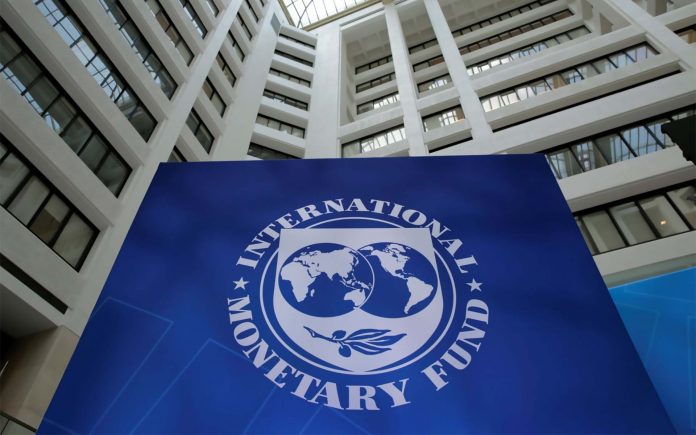–Sources say govt may increase petroleum development levy to meet revised target
–Govt tells IMF it cannot increase gas prices or impose additional revenue collection measures
ISLAMABAD: The International Monetary Fund (IMF) has accepted the Federal Board of Revenue’s (FBR) request to decrease the revenue target from Rs5,238 billion to Rs4,800 billion, Pakistan Today has learnt.
According to informed sources, the IMF team, which held talks with the government’s economic team, slashed down the revenue target, thus making this the second time that the international lender has agreed to the government’s demands.
FBR officials told Pakistan Today that the department can collect Rs4,800bn in the current fiscal year.
In addition to this, sources said that there is a possibility that the government may increase the petroleum development levy to meet the revised target.
“According to the government’s estimate, they can collect Rs80bn to Rs100bn through the imposition of PDL,” sources added.
So far, in the first seven months of the current fiscal year, the tax department has collected Rs2,406bn against the revised target of Rs2,509bn.
However, the economic team has clearly told the IMF that they will not impose additional revenue measures or announce a mini-budget in the coming months. “The government is expecting non-tax revenue from privatisation during the current fiscal year,” sources said.
Moreover, officials of the Finance Ministry told the IMF team that they are controlling the government’s expenditures and are likely to reduce the Public Sector Development Programme’s (PSDP) funds from Rs701bn to Rs601bn.
Sources also said that the government’s economic team told the IMF that they cannot increase gas prices at the time as the Economic Coordination Committee (ECC) had deferred a summary in this regard last month.
Sources further said that the IMF team will meet the National Assembly’s Standing Committee of Finance on Wednesday (today).
Reportedly, the IMF delegation also expressed concerns about the adverse impacts of the coronavirus outbreak on the Pakistani economy. The IMF team was concerned that badly affected the Chinese economy will also have a spillover effect and may slow down Islamabad’s GDP growth.
The new coronavirus that emerged in central China at the end of last year has killed more than 1,000 people and spread around the world. The latest figures from China show there are more than 42,600 people infected in the country.
Pakistani authorities, however, rejected any negative impact on its economy in totality and argued that there would be no negative impact, which means the GDP growth target of 3.3 per cent and inflation hovering around 11 to 12 per cent must remain intact.
Repeated attempts were made to contact the spokespersons of the Ministry of Finance and the FBR but no response was received till the filing of this report.
The talks between the government and the IMF will continue until Thursday. After the conclusion of the talks, a comprehensive report will be prepared regarding the government’s performance during the second quarter.
Talks between Pakistan and the IMF began last Monday for the disbursement of the third tranche under the $6 billion Extended Fund Facility (EFF) finalised in May last year.




